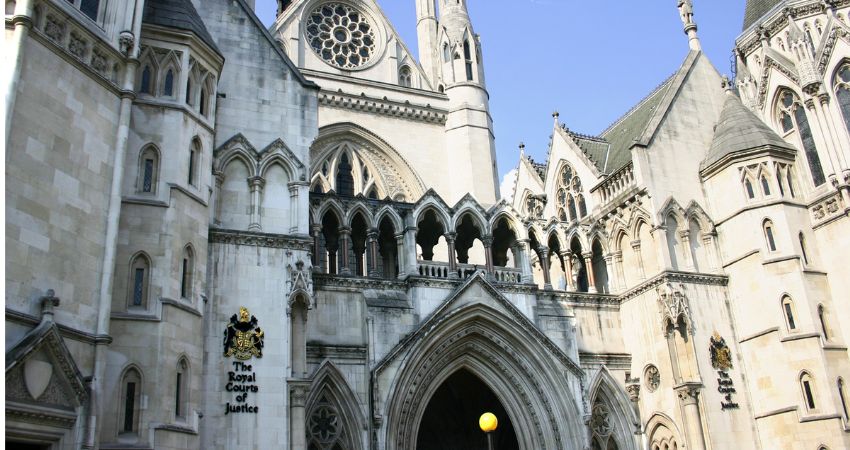“Good arguable case” – Threshold for granting freezing injunctions clarified

Ms Isabel dos Santos founded Unitel, the largest mobile telecom company in Angola. She was a director of Unitel and was also a minority beneficial owner of the company via a BVI company (Vidatel Limited) until late 2020. Unitel commenced proceedings in the English Court against Ms dos Santos in respect of defaults of certain loans advanced by Unitel to Ms dos Santos’ personal company. The first instance court granted a worldwide freezing injunction against Ms dos Santos’ assets. Permission to appeal was granted by the Court of Appeal to Ms dos Santos on the basis that the grounds of appeal raised important issues of law on which there had been divergence among the judges and that the appellant had a real prospect of success.
The Court of Appeal found that it was common ground that an applicant for a freezing order has to show
- a good arguable case on the merits;
- a real risk, judged objectively, that a future judgment would not be met because of an unjustified dissipation of assets; and
- that it would be just and convenient in all the circumstances to grant the freezing order.
The Court considered two different approaches to what amounts to a “good arguable case” for granting a freezing injunction: on the one hand, as laid down in Ninemia Maritime Corp v Trave Schiffahrts GmbH (The Niedersachsen), “one which is more than barely capable of serious argument, but not necessarily one which the judge considers would have a better than 50 per cent chance of success”; and on the other, a test set out in Brownlie v Four Seasons Holdings Inc as applied in the context of jurisdictional gateways, requiring a plausible evidential basis for the court to decide which party has “the better of the argument”.
In dismissing the appeal, the Court of Appeal unanimously held that the threshold of a good arguable case in the context of freezing injunctions should be as that formulated in The Niedersachsen and not the test derived from Brownlie.
The Court observed that
- In granting freezing injunctions, the test is applied to satisfy a relatively low merits threshold, in circumstances where the Court will substantively determine the merits at trial.
- Where there is a dispute on the evidence, it is invidious for the Court at an early stage when a freezing injunction is sought, to have to determine which party has “the better of the argument”.
- The application of a merits test in the context of jurisdictional gateways would have involved a relative assessment of the parties’ respective legal positions, and is liable to draw the parties and the court into the conduct of “mini-trials” at an early stage. This would put the merits bar too high and would deny the victims of wrongdoing the interim protection which a freezing injunction is designed to provide.
- The merits test for a freezing order should be the same as that for interim injunctions generally, namely whether there is a serious issue to be tried under the American Cyanamid principles.
The decision provides important clarifications as to the correct threshold for granting freezing injunctions, ensuring that a case does not turn into a mini-trial at an early interlocutory stage where a freezing injunction is usually sought on an urgent basis.
Harneys does not advise on the law of England and Wales, but this judgment will be of interest to other common law jurisdictions such as the BVI, Cayman and Bermuda. For example, the Cayman Islands Court of Appeal in Scully Royalty Ltd Ltd v Raiffeisen Bank International Ltd considered Brownlie and applied the test in The Niedersachsen as elaborated in Brownlie – to the effect that “good arguable case” reflects that one side has a much better argument on the material available. In the BVI, the Privy Council in Broad International Ltd v Convoy Collateral Ltd confirmed The Niedersachsen meaning of “good arguable case”. Similarly, Bermuda follows The Nidersachsen test (see Mexico Infrastructure Finance LLC v Par-La-Ville Hotel and Residences Ltd).


